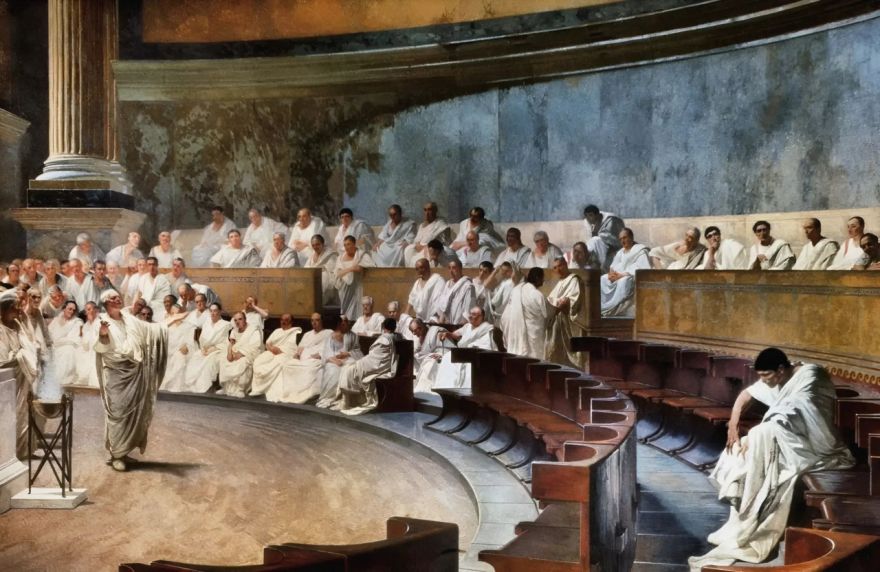
I'm pretty sure many of us criticize our public officials and leaders whenever we hear of them being involved in corruption scandals, malversation of funds, or other cases of graft and fraud. It's nothing new to us that such incidents happen on a regular basis in government and politics.
We'd prefer to do away with it, but such activities have become embedded in the political arena, especially in large governments. And it's not limited to democratic nations either, as even authoritarian or socialist regimes have their own systems which give leeway to such activities. All that is to say that it seems corruption is a given in any government, and even ancient Athens and Rome saw rampant political corruption. But what did they think about it?
According to political scientist Lisa Hill, the ancient Athenians and Romans considered it a big issue in society, one that could cause the collapse of social cohesion, because it was seen as a ticket for the rich as a "free" get-out-of-jail card, or simply to skirt the law for their own personal interests. Much like what we modern-day civilians think of corrupt practices like bribery, ancient Romans were incredibly concerned about the widespread bribery going on back then.
Even Plato went so far as to accuse officials of being "bribe-takers and money-lovers". His student, Aristotle, proposed a system of transparency that made sure that "magistrates cannot possibly make money", perhaps by having fiscal measures for checks and balances, to monitor where the money is coming from, and where it's going.
The situation even became desperate as people were taking large loans to be used for bribing officials which apparently caused such a financial crisis that it led to a civil war in 49-45 BCE. And the resolution for this whole political and economic catastrophe was a law that allowed for the prosecution of bribery clubs and individual members. Furthermore, the elimination of elections drastically reduced the frequency of bribery as Senate hopefuls could no longer buy their way into getting seats in the theater.
These days, cases of bribery and extortion are no longer so direct and easily uncovered, which makes it difficult for the public to hold their officials to account. This greatly increases the need for people like whistleblowers or upstanding political figures and common individuals to ensure that such practices can be contained.
Although such social norms as "quid pro quo" are a means of maintaining good relations among people, as it was back in ancient Athens where people thought the act of giving and receiving gifts was a crucial part of a civilized society, it can be taken to extreme levels in which this practice is used to gain power for personal enrichment to the detriment of the public.
Political corruption is a tale as old as time. And just as we are concerned about it today, the ancient Romans and Athenians were equally troubled by the deleterious effects it brought into their society.
(Image credit: Cesare Maccari/Wikimedia Commons)





